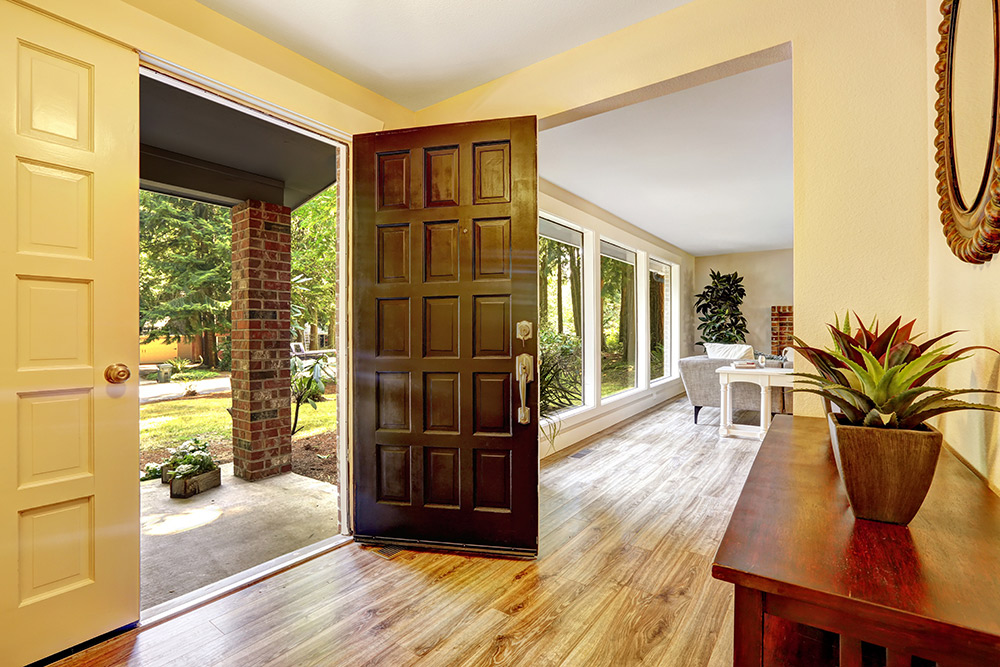Open houses, while an exciting adventure, are replete with subtle nuances and power plays that can hurt you in the long run. Yes, they can be fun and even lead you to your dream home, but they require prep work, keen attention to detail, and follow-up.
Below, I’ve rounded up the important “must-know” items to make the most of any open-house experience.
1. Start online
Almost all purchases begin with online research, and home shopping should be no different. To keep you ahead of the game, Trulia has a mobile app with GPS capabilities that notifies you when open houses pop up nearby. This way, you can quickly swing by and check out the home the very same day.
2. Think of each open house as a “Buying 101” course
Use every home you walk into as an opportunity to learn more about the home itself, as well as the neighborhood, local amenities, and schools. Ask every question you can think of — it may prompt follow-up questions or topics you hadn’t considered in other homes.
3. Look (but don’t touch)
Even if you think you’re walking into your perfect house, stop yourself from impulsive reactions. Remember: you’re not going to buy it that day. You must shop around first. Never make an offer on the spot, especially if you’re a first-time buyer.
4. Declare your independence
Tell the listing agent you’re already working with a real estate agent. (Even if you’re flying solo for now.) Never hire the seller’s agent to represent you; you need an unbiased advocate in any potential negotiations.
5. Hold your cards close
Be careful to not reveal too much about yourself, your situation, or your need to buy. It’s especially important to never reveal the top price you are willing to pay. You don’t want that information to be used against you later during negotiations.
6. Evaluate the exterior
As you walk into an open house, pay close attention to the exterior and the state of the roof. Does the paint look fresh or is it chipping/dirty? Do the shingles look like they need replacing in the next two to five years? Are there dead trees nearby or moss growing? What is the condition of gutters and other key items on the exterior? The exterior condition is a telltale sign of what you’ll find inside.
7. Walls and windows
What is the condition of the walls? Can you see any significant damage, dents, or other concerns? If these highly visible items are not in the best condition, it may be a red flag indicating larger issues.
8. Take pictures and take away the takeaways
Take pictures and notes as you walk around a home. If you see multiple homes in one day, they’ll all start to blend together. Gather and keep the brochures or information sheets on the houses you see. Be sure to share them with your real estate agent.
9. Keep your interest under wraps
Even if this is the perfect house for you, it’s important to keep your best poker face. Get at least a block away and then call your agent. Don’t jump up and down with excitement in the driveway. If the seller’s agent sees your excitement, you can potentially lose leverage as a buyer.
Not the right house for you? “Buy” the agent instead
If you haven’t selected a real estate agent, open houses are a fantastic opportunity to find an agent or broker. You actually get to see them in action. Are they knowledgeable, informative, hardworking? Or are they sitting in the dining room reading Us Weekly while you stroll through the house? And most importantly, do you like them?
Your agent will eventually become your house-hunting team member and you will be spending a lot of time with them. Take the listing agent’s card and jot a quick note on the back to jog your memory later.


